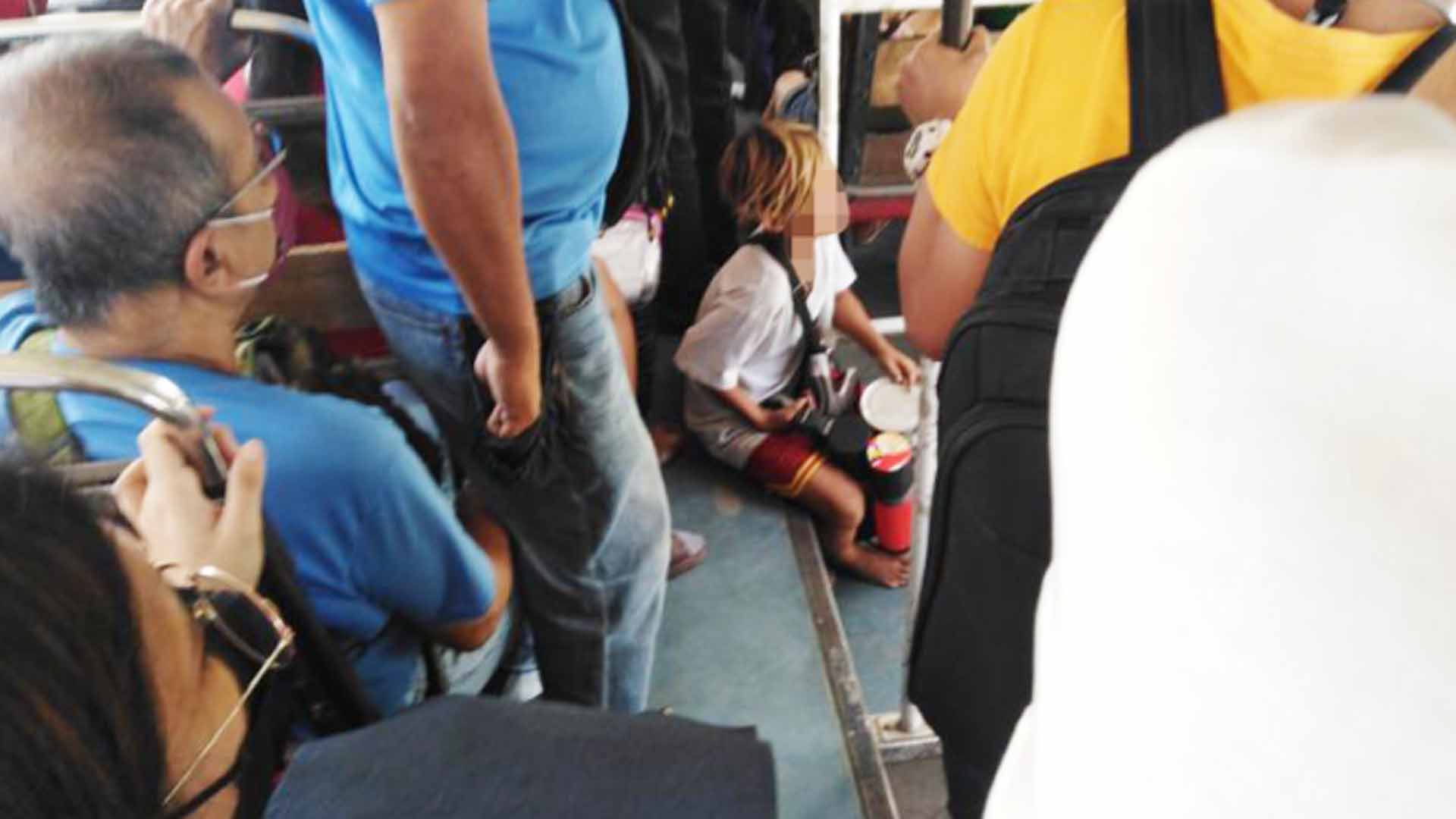The Department of Social Welfare and Development (DSWD) and the National Commission for Indigenous People (NCIP) chiefs vowed on Wednesday to work together in providing intervention for the indigenous people (IPs) who traditionally roam around urban areas to ask for “pamasko” or Christmas gifts during the holiday season.
During a Senate budget deliberation, DSWD Secretary Erwin Tulfo said there are existing government programs that can help the poor IPs in bringing them back to their provinces and providing them with their own livelihood there.
Tulfo cited the Balik Probinsya, Bagong Pag-asa (BP2) and the DSWD’s Kapit-Bisig Laban sa Kahirapan-Comprehensive and Integrated Delivery of Social Services (KALAHI-CIDSS).
“Ang unang gagawin natin this December ay (The first thing we will do this December is) we will start registering them sa mga (in) local civil registrars para sila ay magkaroon ng (so they can have their own) birth certificates,” he told the senators, noting that certain personal documents like a birth certificate would be needed for a person to be part of various government programs.
Tulfo cited another program for Badjaos which also includes a comprehensive program for street children where PHP34.9 million was allotted by the agency this year.
“But this is just for rescue. What they really want is a concrete solution at pangmatagalan na bibigyan sila ng livelihood pagdating sa kanilang tirahan (and lasting wherein they will be given livelihood when they arrive at their homes). This administration will make sure that they will be given livelihood para hindi na sila pabalik-balik (so, they will not go back and forth anymore),” he said.
Meanwhile, NCIP Chairperson Allen Capuyan suggested replicating Davao City’s approach in welcoming the IPs during December.
“Ang ginawa ng City Government of Davao tuwing December, iniipon sila sa isang lugar. Lahat ng gustong tumulong, mga sponsors ay pupunta doon. While ang ating brothers and sisters ay nasa isang gym, ay gagawa sila ng cultural presentations. Yan ang isang nakita ko na pwede nating gawin (What the City Government of Davao is doing by December, they gather them in a place. All who want to help, the sponsors will go there. While our brothers and sisters are in a gym, they will do cultural presentations. That is what I think we can do),” Capuyan said.
Senator Robin Padilla was asking the two agencies to break the endless cycle of Badjaos and other IP tribe members who are forced to travel to Metro Manila during Christmas.
Padilla, who chairs the Senate Committee on Cultural Communities and Muslim Affairs, said he is ready to coordinate with the agencies to help the IPs.
“Tuwing dadating ang Kapaskuhan, nakikita po natin ang ating mga katutubo sa iba’t ibang kalsada kasama ang kanilang mga anak lalo ang mga kapatid kong Badjao. Kukunin sila, tapos ibabalik sa lugar nila, babalik din sila dito (When Christmas approaches, we see IPs such as our Badjao brethren on the streets, with their children. Our authorities would rescue them from the streets and send them to their home provinces, but they will keep coming back),” he said.
“Meron pong mga programa ang DSWD tulad ng livelihood program. Ito ang sa akin lang mapaglarong isip. Pwede po kaya na turuan na lang sila kung paano mamasko nang hindi delikado, parang gawin ba nating livelihood yan (Our DSWD has livelihood programs. This is a suggestion – can we teach them to earn a living without having to risk their lives)?” he added. (PNA)







